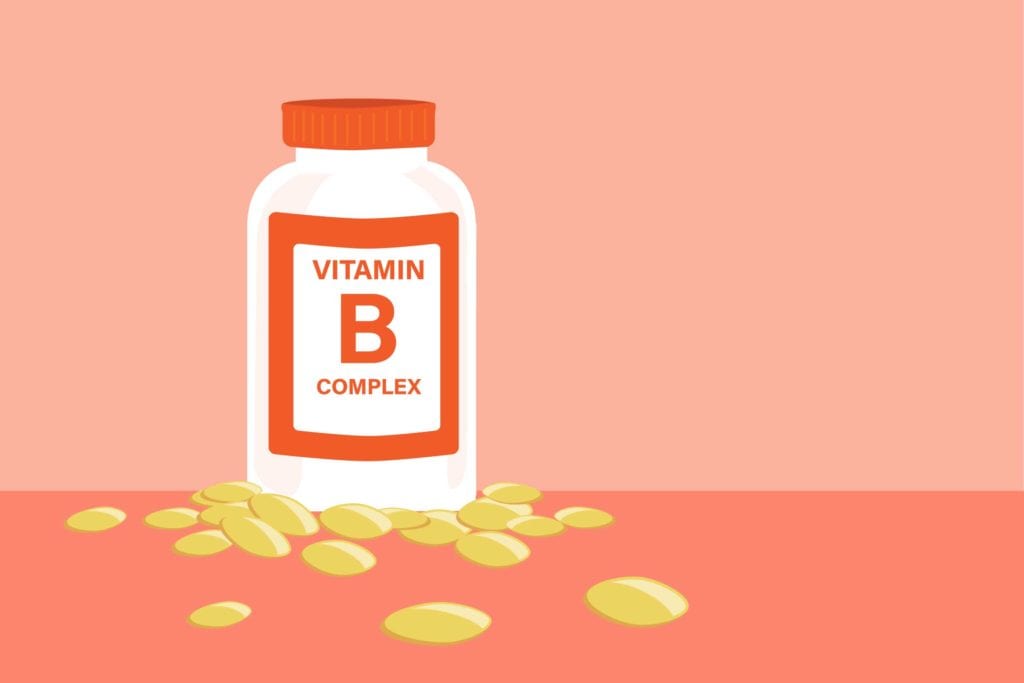

Health experts often recommend that people over age 50 take B12 supplements, since a deficiency in this vitamin becomes more common as you age. Many older adults also take vitamin B6 supplements in an effort to ward off memory problems. But as with most things, too much of either might open the door to trouble.
That’s the key takeaway of a new study, published in the journal JAMA Network Open. The researchers examined data on nearly 76,000 postmenopausal women who had joined the ongoing Nurses’ Health Study in 1984. Every two years, the women filled out questionnaires about their health status; the authors of this particular analysis found that about 2,300 of these women had experienced a hip fracture by May 2014.
Since the Nurses’ Health Study questionnaires also asked participants about supplement use, the authors of the JAMA Network Open study were able to determine that women who had been taking very high amounts of vitamin B6 or vitamin B12 were more apt to have had a hip fracture. Those who had a high intake of both B vitamins “had a significantly increased risk,” they reported.
“The [hip fracture] risk was highest in women with a combined high intake of both vitamins, exhibiting an almost 50 percent increased risk of hip fracture compared with women with a low intake of both vitamins,” the authors wrote in their discussion.
The authors adjusted for other issues that might have increased fracture risk, such as low calcium and vitamin D intake.
Getting plenty of B6 or B12 from your diet is unlikely to pose a problem. The study found that only B vitamin supplement use was a factor. People who were more prone to hip fractures were getting much more than the recommended daily allowance of these B vitamins. Adults should be getting 1.3 to 1.7 mg of B6 each day; those who had high intake in this study were getting at least 35 mg. The recommended daily intake of vitamin B12 is 2.4 micrograms; the high-intake group in the study was getting at least 5 micrograms.
Why excess amounts of either vitamin are linked to fractures isn’t entirely clear, though the authors note that high doses of B6 may cause neurological symptoms and loss of muscle toss, both of which, in turn, could make someone more likely to fall.





